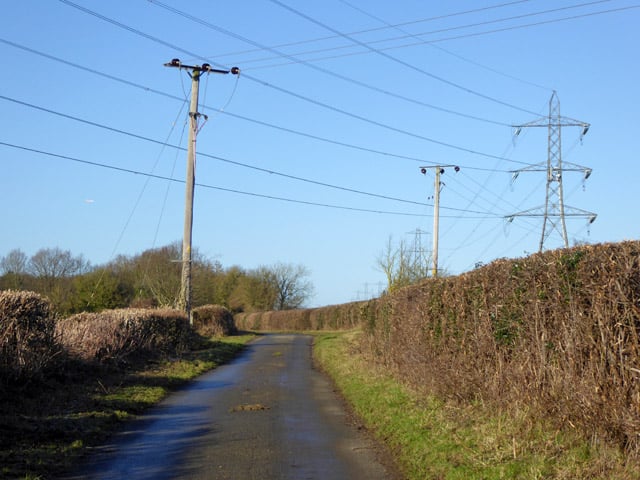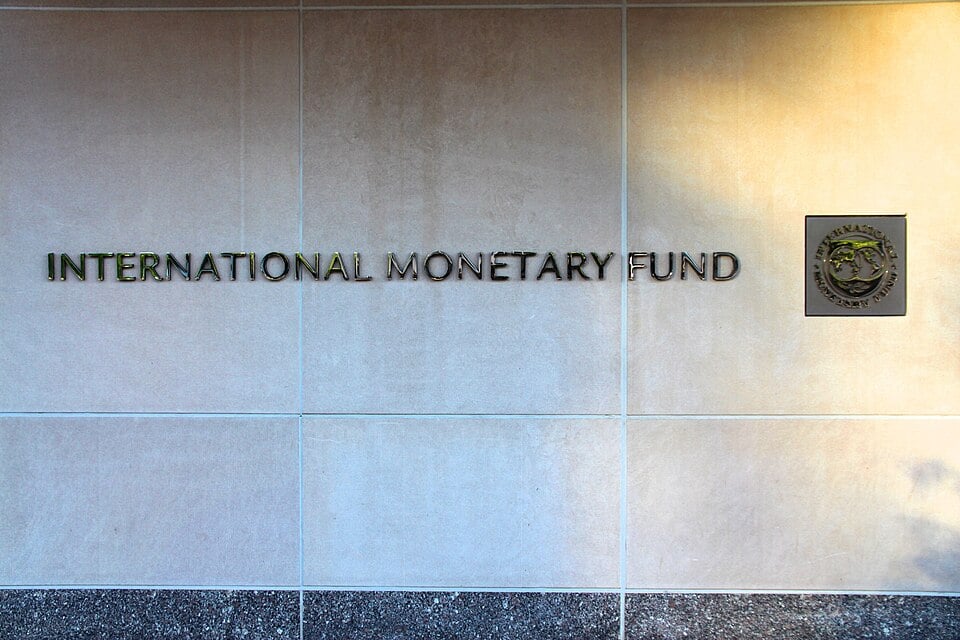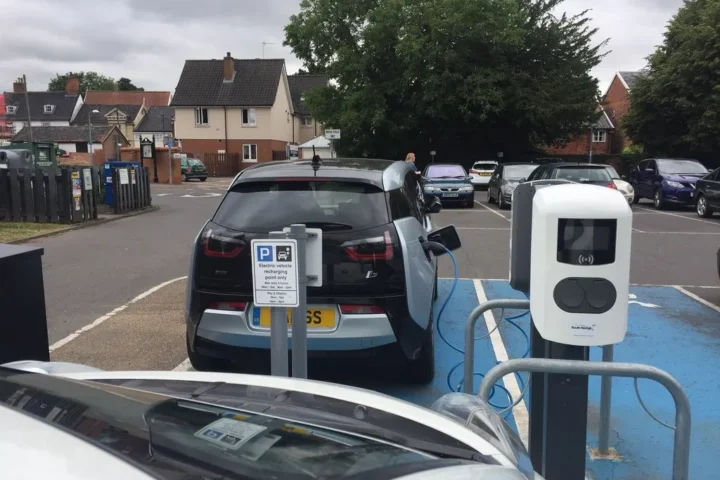Energy regulator Ofgem has ordered ten suppliers to pay £7 million after they overcharged thousands of customers with restricted meters (RTS meters). The compliance review found that 34,048 customers paid more than they should have between January 2019 and September 2024.
The Nuts and Bolts
The suppliers—Octopus, EDF, E.ON Next, Ecotricity, Outfox the Market, Ovo, Rebel, So, Tru, and Utility Warehouse—applied multiple standing charges that, when added to unit rates, pushed bills above the price cap limit under Standard Licence Condition 28AD.1.
These customers will receive £5.6 million in direct refunds and £1.4 million in goodwill payments. The biggest payouts come from Octopus (£2.6 million), Utility Warehouse (£2 million), and Ovo (£602,066).
Charlotte Friel, Ofgem director of retail pricing and systems, stated: “Our duty is to protect energy consumers… suppliers must have robust processes so they can bill their customers accurately.”
In a separate case, Good Energy was ordered to pay £150,000 for failing to issue final prepayment-meter bills to 2,284 customers since 2014.
Consumer Impact
This overcharging happened during a period of severe financial strain for many households. Current data shows:
- 12.7% of English households (3.12 million) are in fuel poverty in 2024
- The average fuel-poverty gap is £385
- 7 million UK adults are behind on at least one bill as of March 2025
- Total domestic energy debt reached approximately £3.8 billion in Q3 2024
- Average household debt under repayment plans: £851; average arrears without plans: £1,761 (2023 data)
Miatta Fahnbulleh, Minister for Energy Consumers, commented: “No family should suffer the experience of being overcharged on their energy bills.”
Similar Posts
Consumer Advice
Citizens Advice recommends customers:
- Verify meter readings monthly
- Challenge direct-debit increases
- Invoke back-billing rules to limit charges to the last 12 months
- Seek refunds if landlords overcharge on resold energy
For microbusinesses, additional protections limit billing to the last 12 months of usage.
Historical Context
This isn’t an isolated incident. Since 2020, Ofgem’s Energy Industry Voluntary Redress Scheme has redistributed over £400 million from non-compliance cases to support vulnerable consumers and innovation.
Previous cases include:
- Shell Energy: £537,000 in August 2022 for price-cap breaches
- Utilita: £500,000 in October 2020 for overcharging 39,000 prepayment customers
- iSupply: £1.5 million in December 2019 for default-tariff overcharges
Looking Forward
Ofgem is exploring zero or low standing-charge tariffs for winter 2025/26. The consultation, closed on March 20, 2025, considers:
- Single unit-rate tariffs that shift fixed costs into usage charges
- “Falling block” tariffs with higher initial rates that decrease with usage

These options may benefit low-usage households but could increase unit rates overall, potentially affecting different consumer segments in various ways.
The Bottom Line
This episode shows how billing complexities can hurt consumers, especially during economic hardship. With fuel poverty affecting millions and energy debt reaching record levels, accurate billing isn’t just a regulatory requirement—it’s essential for consumer trust and financial wellbeing.


















